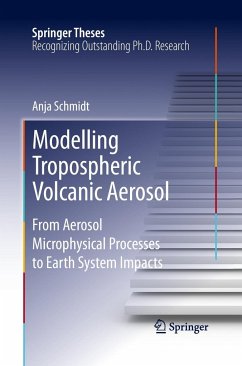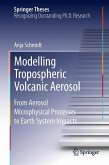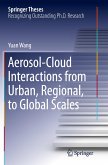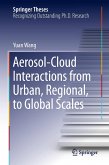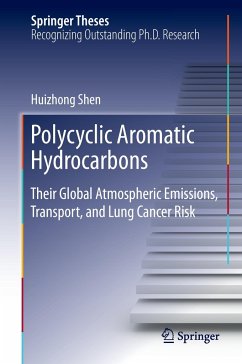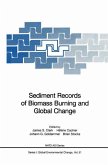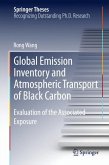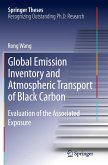Anja Schmidt's thesis is a unique and comprehensive evaluation of the impacts of tropospheric volcanic aerosol on the atmosphere, climate, air quality and human health. Using a state-of-the-art global microphysics model, the thesis describes and quantifies the impact of volcanic sulphur emissions on global aerosol, clouds and the radiative forcing of climate. The advanced model enables the first ever estimate of the impact of the emissions on aerosol microphysical properties such as particle number concentrations and sizes, and therefore a considerably improved ability to quantify the climate and air quality effects.
There are several important discoveries in this thesis. Firstly, it is shown that continuously degassing volcanoes exert a major effect on global clouds and climate. Secondly, the impact of the 1783 Laki eruption in Iceland is re-examined to show that this long-lasting flood lava eruption would have had major effects on clouds and climate. Thirdly, by combining her research on volcanism, atmospheric science and epidemiology, she shows that a present-day Laki-like eruption would seriously affect European air quality and cause over 100000 premature deaths in the first year.
There are several important discoveries in this thesis. Firstly, it is shown that continuously degassing volcanoes exert a major effect on global clouds and climate. Secondly, the impact of the 1783 Laki eruption in Iceland is re-examined to show that this long-lasting flood lava eruption would have had major effects on clouds and climate. Thirdly, by combining her research on volcanism, atmospheric science and epidemiology, she shows that a present-day Laki-like eruption would seriously affect European air quality and cause over 100000 premature deaths in the first year.

